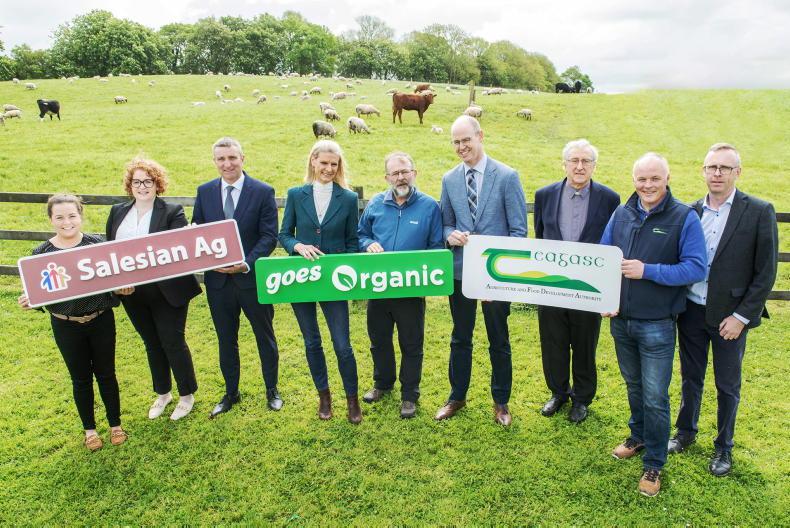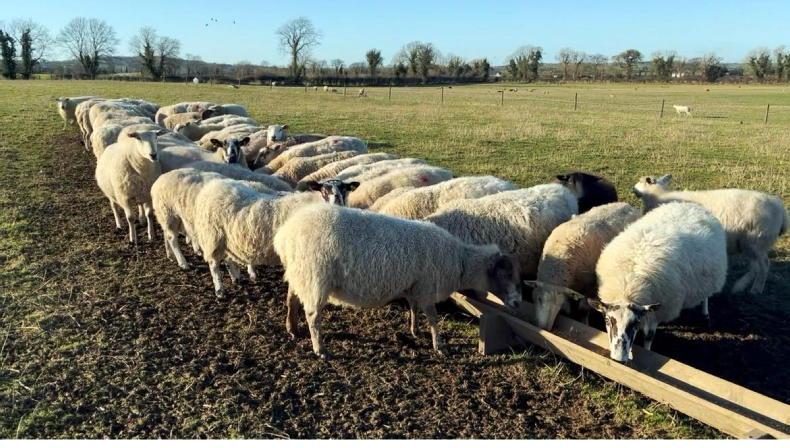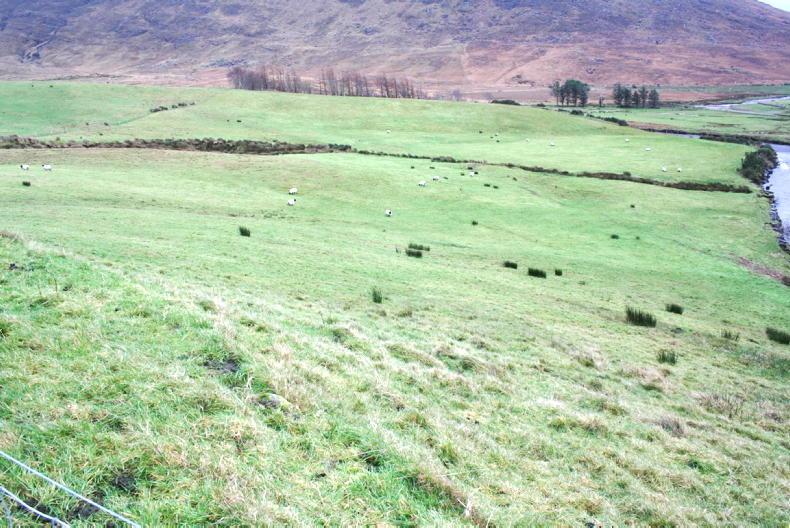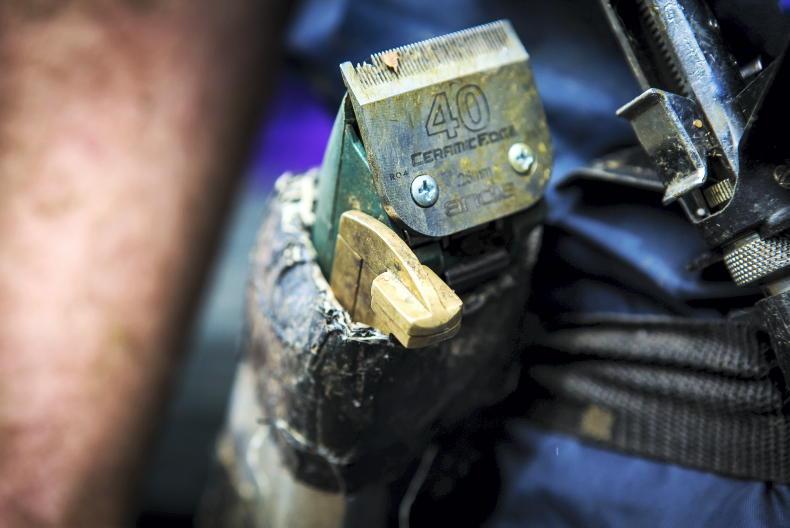Last month saw the news emerge that Pallaskenry is converting its beef and sheep operation to organic. I’ve heard a couple of people wonder aloud if this would affect the University of Limerick’s (UL) bid to host Ireland’s second veterinary college.
The Pallaskenry farm, owned by the Salesian order, is linked to the UL bid, which is considered to be the favoured bid by the department.
Would the organic status of the herd negatively affect veterinary training, the Dealer wondered, what with the significant restrictions on veterinary medicine use in organic herds?
The straight answer is probably not. While Pallaskenry’s suckler and sheep enterprises will be organic, the dairy herd will remain conventional.
The 450-cow herd has been hammered by TB over the last year.
I understand that it will remain a flagship enterprise, despite the removal of almost 100 cows. Supporters of UL’s bid may argue that this gives veterinary students a chance to work with two different herd health management programmes.
Whatever about UL, the conversion certainly solves a problem for Teagasc. Its organic research herd was initially located in Athenry, then Johnstown Castle. The latest proposed site for an organic herd had been Clonakilty, but now the Limerick agricultural college has filled the vacancy.
Last month saw the news emerge that Pallaskenry is converting its beef and sheep operation to organic. I’ve heard a couple of people wonder aloud if this would affect the University of Limerick’s (UL) bid to host Ireland’s second veterinary college.
The Pallaskenry farm, owned by the Salesian order, is linked to the UL bid, which is considered to be the favoured bid by the department.
Would the organic status of the herd negatively affect veterinary training, the Dealer wondered, what with the significant restrictions on veterinary medicine use in organic herds?
The straight answer is probably not. While Pallaskenry’s suckler and sheep enterprises will be organic, the dairy herd will remain conventional.
The 450-cow herd has been hammered by TB over the last year.
I understand that it will remain a flagship enterprise, despite the removal of almost 100 cows. Supporters of UL’s bid may argue that this gives veterinary students a chance to work with two different herd health management programmes.
Whatever about UL, the conversion certainly solves a problem for Teagasc. Its organic research herd was initially located in Athenry, then Johnstown Castle. The latest proposed site for an organic herd had been Clonakilty, but now the Limerick agricultural college has filled the vacancy.











SHARING OPTIONS